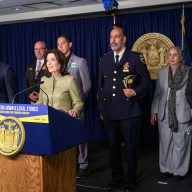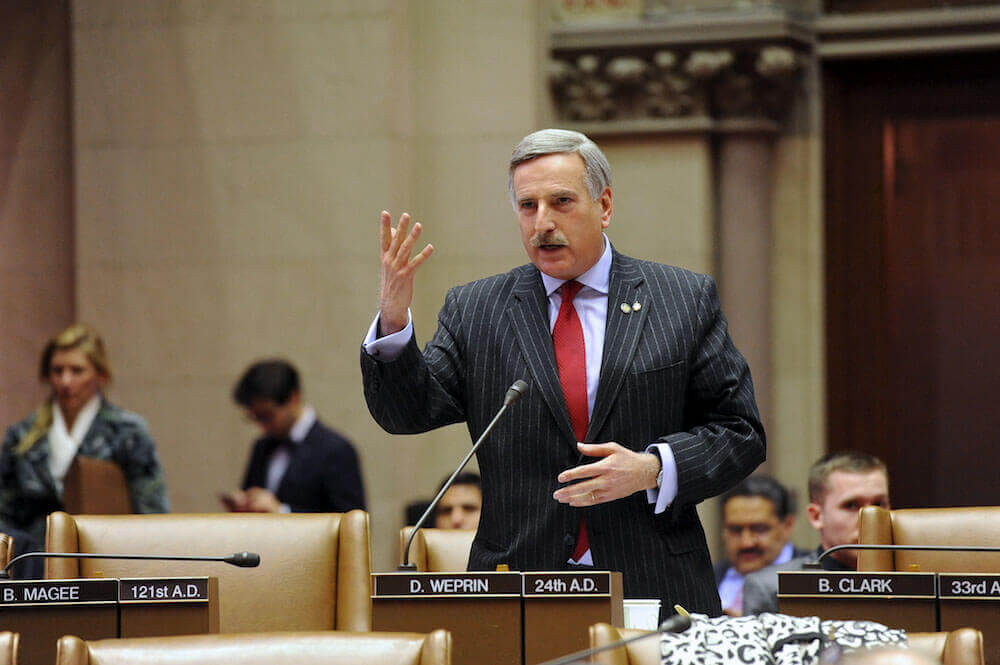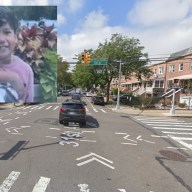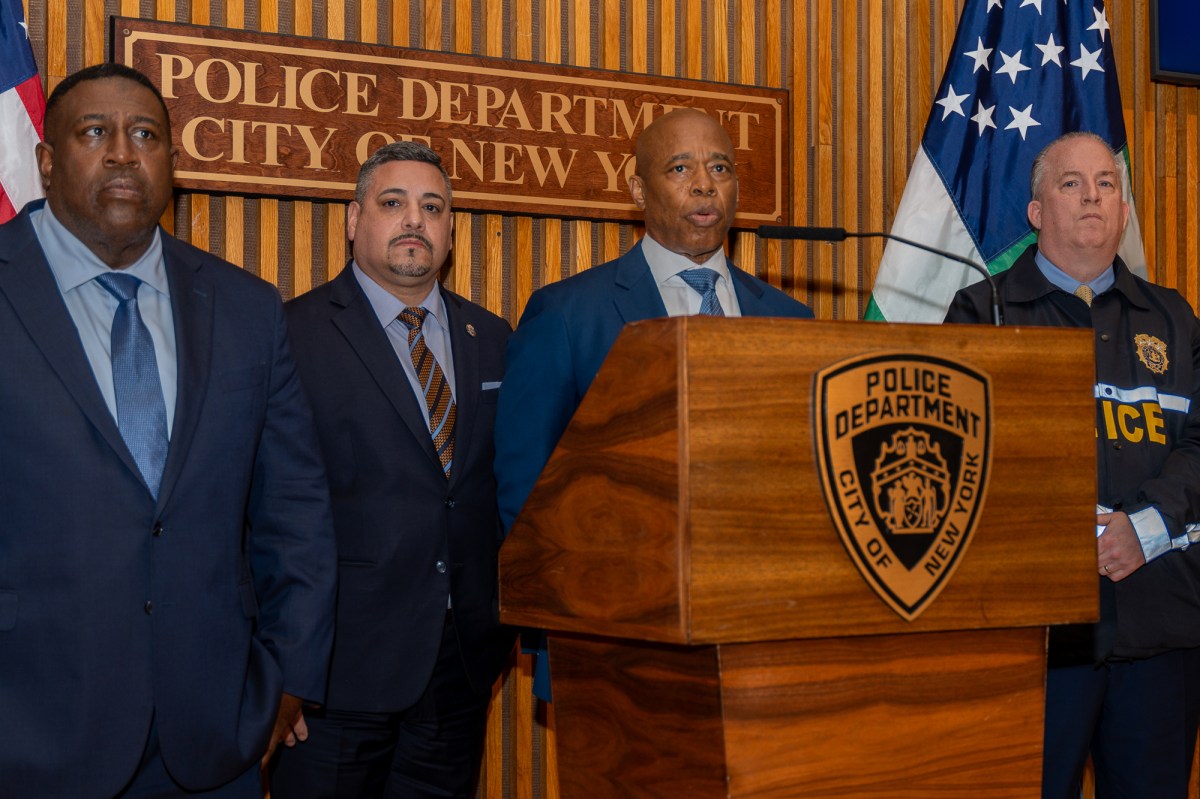By The TimesLedger
For New York City, Jan. 1, 2002, marked the end of an era as the Giuliani administration passed on the torch to Mayor Michael Bloomberg and his new team at City Hall. But with all of the well-deserved attention focused on the departing mayor, the city has overlooked the passing of another era.
After 15 years as the borough president of Queens, Claire Shulman has turned over the keys for Borough Hall to Helen Marshall. Shulman came into office in 1986 under the most difficult conditions imaginable. She had served as deputy borough president under Donald Manes, a beloved and powerful political leader who committed suicide in his own kitchen when faced with one of the worst political scandals this city has ever seen.
As she mourned her good friend and mentor, the acting borough president had to deal with critics who questioned whether she played a role in or had knowledge of the corruption at Borough Hall.
Shulman was 60 years old when she was made acting borough president. We suspect that this soft-spoken woman has exceeded nearly everyone’s expectations. She has run this borough with dignity and compassion. Serving one of the most diverse populations anywhere in this nation, Shulman worked tirelessly to build bridges between various ethnic groups. Everyone was welcome at the table at Borough Hall.
Perhaps her greatest accomplishment was her ability to form a close working relationship with the Giuliani administration. Shulman had the courage to support Rudy Giuliani, a Republican, even at the risk of angering the Queens Democratic machine. Over the last eight years, Queens benefited enormously from that relationship.
Shulman guided Queens through the dawn of the crack epidemic and the onset of AIDS. Under her leadership, the USTA agreed to build the Arthur Ashe Stadium in Flushing Meadows, keeping the US Open in Queens.
There were those who said the Office of Borough President would be purely symbolic after the Board of Estimate was abolished under the Revised City Charter. They were wrong. They underestimated the potential to use the office as a bully pulpit to advocate for the needs of the borough and its residents.
When Shulman first took office, she told the press, “I’m not exactly unknown down at City Hall. They know I know how to fight.” In fact, at the time of her appointment to replace Manes, she had already been involved in Queens politics for more than 25 years.
Indeed, Shulman has been a fighter. She has fought numerous battles with quiet dignity. But, more importantly, she has also been a unifying force. We don’t know what the future holds for Ms. Shulman, but we are confident in saying that Queens will long be in her debt.
Said the new borough president, “[Claire Shulman] laid a foundation for me that makes my job easier. All I have to do is build on what she has done.”
Editorial: Build the new Shea
In his last days as mayor, Rudy Giuliani unveiled an ambitious plan to build a new stadium with a retractable roof for the Mets in the parking lot of Shea. The ball clubs and the city would share the cost of building new stadiums for the Mets and the Yankees.
Understandably, some people will question whether the city can afford to spend this money during tough times. But the truth is the city cannot afford not to build these stadiums.
Not to build would be penny wise and pound-foolish. We hope the Borough President Marshall will see the wisdom in the Giuliani plan and will encourage our new mayor to go forward with it.
Editorial: Future of Martins Field?
After years of bitter debate, the city has yet to decide what to do with Martins Field. The Flushing playground was built in 1935 over the graves of 500 to 1,000 African Americans and native Americans.
Activists say that allowing children to play on the site shows disrespect for the men and women still buried in this field. Local residents say they mean no disrespect, but their children need a place to play. The Parks Department says it no longer has the money needed to reconstruct the field in a way that would please all parties.
The people whose ancestors may be buried in Martins Field have a right to their anger. But all parties must work to find a solution that the city can afford.

































